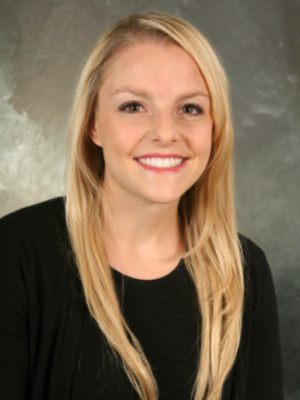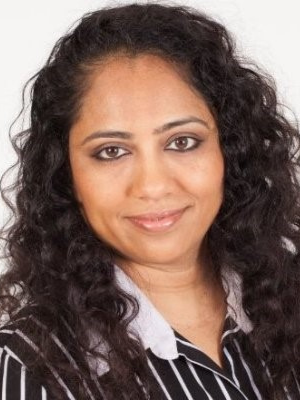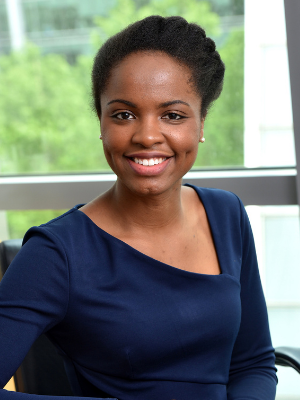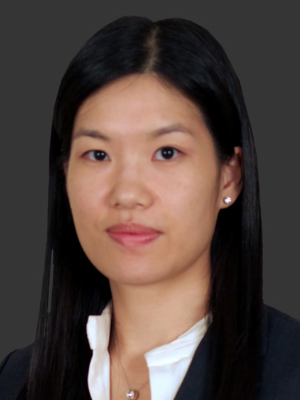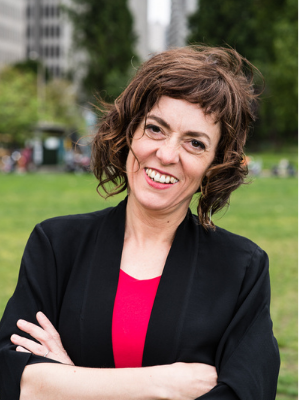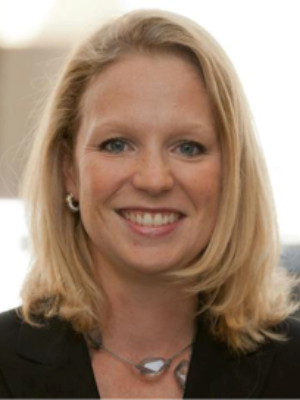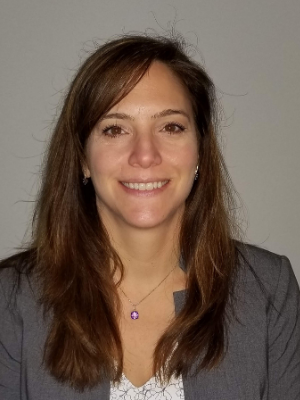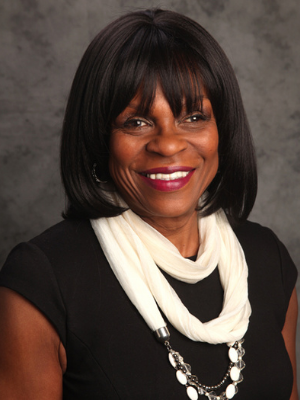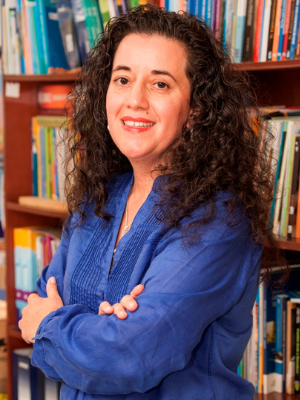 “I’m completely open to, and actually encourage, my team telling me when I’m wrong. I invite them to convince me that I’m wrong. I love that!” says Grace Lee. “I want us to have the best ideas, and that’s only possible when we are all contributing, debating and challenging each other.”
“I’m completely open to, and actually encourage, my team telling me when I’m wrong. I invite them to convince me that I’m wrong. I love that!” says Grace Lee. “I want us to have the best ideas, and that’s only possible when we are all contributing, debating and challenging each other.”
Lee speaks to ramping up the opportunity for responsibility, why motivating others makes the real difference in impact and why the ability to have a constructive relationship with healthy debates means you must be willing to challenge and be challenged.
Following The Call To Responsibility and Impact
“You do things for three years and then you look for a new challenge,” laughs Lee, recalling what the Head of HR at a previous firm said to her. She is motivated by massive strategic challenges with fast growth curves—and the desire to manage more responsibility while seeing the direct impact of her work.
Having planned to become a lawyer because of her love for formulating a thesis, supporting an argument and conducting a robust debate, Lee deferred law school to follow the investment banking hype out of Columbia University, and took an analyst position in Asia.
While in Asia, she discovered that she was far more drawn to the financial analytics and investor storytelling components of investment banking versus the work she partnered on with international corporate lawyers when on deals.
“The thing that I appreciated about certain aspects of investment banking is you can see the direct impact of your work. When working on an IPO of a company, if the competitive analysis and valuation work you’ve done is compelling, you should see that play out in the markets. Similarly with M&A, if investors deem that the merger makes strategic sense and the valuation is reasonable, you see that reflected in the price performance of those companies,” says Lee. “For me, seeing direct impact is so important.”
After three years in Asia, she moved back to the U.S. headquarters of the same investment bank. Subsequently, she went for a rewarding full-time Harvard MBA, which allowed her to focus on learning and traveling. She highly recommends a full-time MBA, rather than an EMBA, if you have accrued both the experience and finances to give yourself the opportunity.
After Harvard, Lee moved to the equity research group within the same investment bank. The firm had just acquired an asset management firm and she was able to join its financial institutions research team, where she was able to build upon her experiences in investment banking but now, formulate her own theses on which companies made most sense to buy vs. sell. After another few years, she thought “instead of analyzing these companies and the strategic direction that they go, I’d love to participate in the strategy making of a company and see how that transpires.”
She took a big leap to Voya Financial, helping to lead the IPO of the U.S. business for what was formerly ING, a top global financial powerhouse before the crisis.
“In my early 30’s, that was a really transformational experience. We were basically in a start-up environment, but for a massive company with leading businesses,” says Lee. “Before IPO-ing the company, we had to create the story of how the sum of the businesses made strategic sense together, and were far greater than the individual parts.”
When that role eventually evolved to maintenance, Lee moved onto a couple Executive Chief of Staff roles at other firms, before landing at S&P Global, which she came to be familiar with as her mentor from a prior firm had recently joined the company.
Merging Strategic and Analytical Outlook
“Coming from an investment banking and equity research background, we were trained to formulate both the high-level strategic picture, as well as be comfortable with the underlying analytics that support the strategy. For example, the investment case wouldn’t hold for a certain stock if the secular trends for the industry were all deteriorating. It’s valuable to be able to both see the big strategic picture and back that up with analytical horsepower,” says Lee.
Lee feels the ability to influence people is important and something she has honed, as is staying abreast of the macro-environment.
“Our job isn’t static, so to constantly keep educated on how the economy, markets and world is evolving is important,” observes Lee.
Inspiring Greatness In Others
Through both executive coaching and mentorship, Lee has realized that while striving for personal achievement has delivered her this far, the true opportunity for incremental growth and impact now lies in inspiring greatness from others.
One of her mentors shared that a mentor once advised that if you’re operating at 100% as a high achiever, it takes a lot of work to ramp yourself up to 110%. But if a whole team is operating at 70% of their performance potential and you are able to elevate the team to 80%, the incremental impact of that shift is much, much greater.
Lee has embraced this philosophy, particularly as in recent roles, her direct reports and management responsibilities have increased. While she still rolls up her sleeves and does her own modeling or formats her own PowerPoint presentations from time to time, she realized that her impact is no longer measured solely on her performance, but on the camaraderie and achievements of her broader team. “The joy I used to get seeing the price performance of a successful IPO I worked on, I now get watching my employees grow and succeed. Some of the greatest compliments I have received recently were from my staff who have told me about the profound impact I have had on their professional development.”
More deeply embracing empathy and the softer skills is part of her current leadership approach, qualities which she admits wer not central to her personal achievement mindset.
“Earlier in my career, I focused on quick and seamless execution,” she reflects. “I didn’t much appreciate the softer skills, but now that I oversee a range of initiatives, it is impossible to be that strong individual contributor across all of these. I am also recognizing that what I need to do is empathize and elevate those I work and partner with, as collectively we can all achieve more than any single contributor,” says Lee.
She also notes that leaders she most admires, including executive management at her current company, demonstrate these skills and she feels inspired by them to always do her best.
Setting the Tone And Encouraging Women’s Voices
As a Korean-American woman, Lee is often a unique face as finance in corporate America tends to be white male-dominated. But growing up with a younger brother, all male cousins and having two sons, she isn’t necessarily out of her element.
“At my level you don’t see that many females, but that has not been a deterrent for me. My personality is a bit more direct, and I think that resonates more with my male colleagues,” says Lee. “That being said, the people I’m closest to and develop the closest relationships with are female. The higher you go, there’s fewer women but we really support each other.”
Naturally assertive herself, Lee will often encourage or even nudge her female reports to speak up. “In the reviews I give them, I tell them ‘I know you share good emails and insights with me, but I think everyone would benefit from you sharing those ideas.’”
In the virtual meeting room, she will take the initiative to volunteer other women to speak, mentioning that she knows her female coworker (by name) has ideas to share on this topic. She also IMs with managers and peers when topics come up, either to bounce off possible points or let a colleague know her input would be valued on this topic.
Being Willing to Challenge and Be Challenged
Lee emphasizes the value of being willing to challenge, as well as being willing to be challenged as a leader. “I have strong opinions, but I am the very first person—if you tell me why I’m wrong and give me data points— to say, ‘I’m wrong. Let’s shift.’”
Equally, she is unafraid to challenge her current boss, when she has a different perspective on how to approach an issue. “He’s a very logical man and he doesn’t want ‘yes people, because they add less value than people who will think strategically and then push back. I appreciate this about him and have tried to emulate this in my own management style.”
Lee thinks one of the best and important decisions she’s made is choosing a husband who is also an advisor and coach to her. She also appreciates that he always challenges her, and keeps it real and her grounded. She enjoys spending quality time with him, her six and nine year old sons and also watching Korean dramas.
By Aimee Hansen

